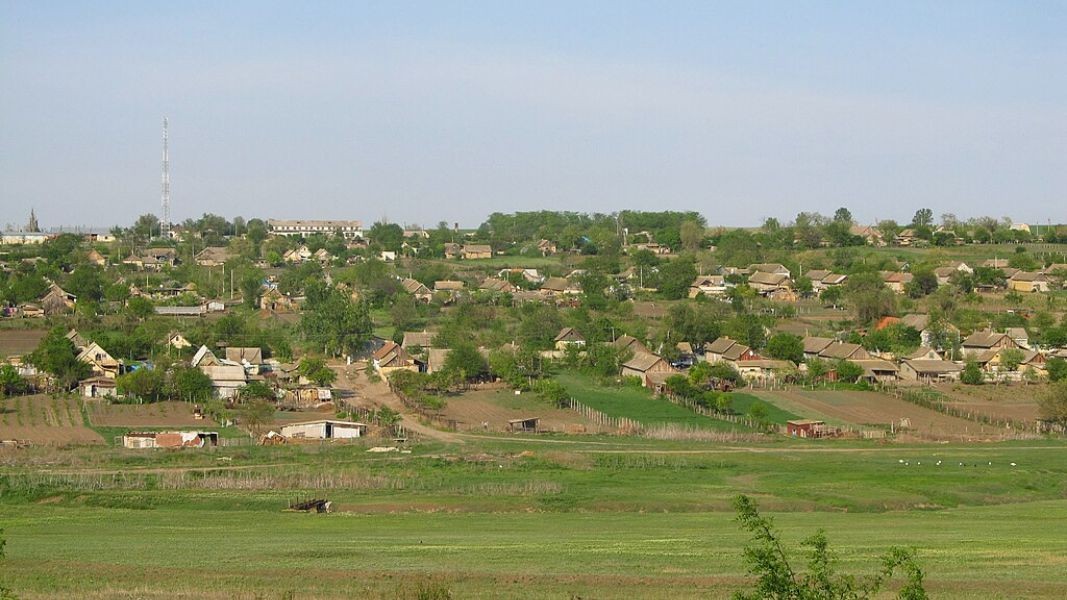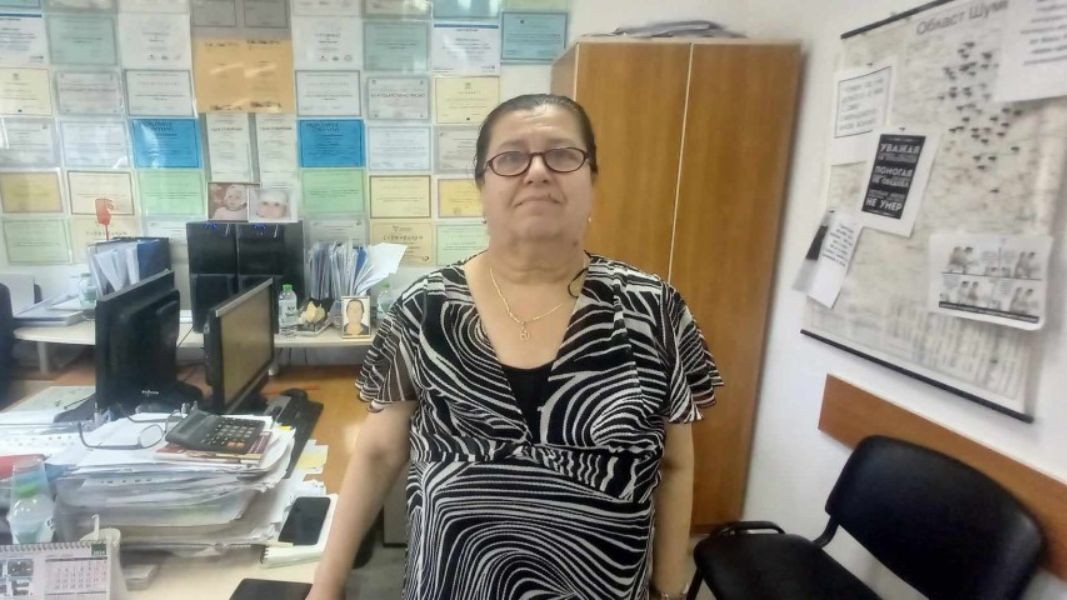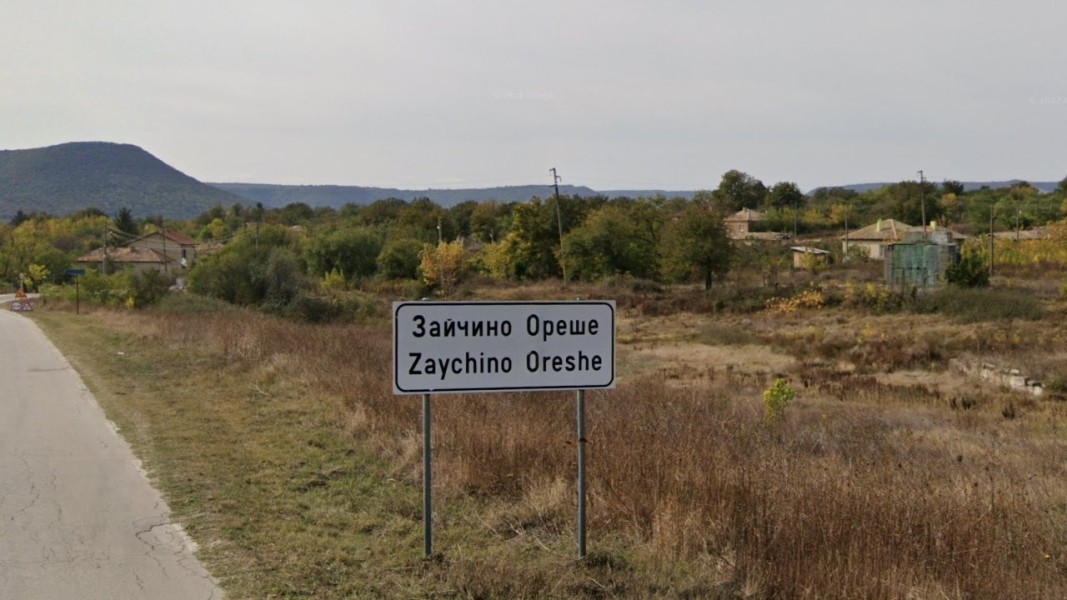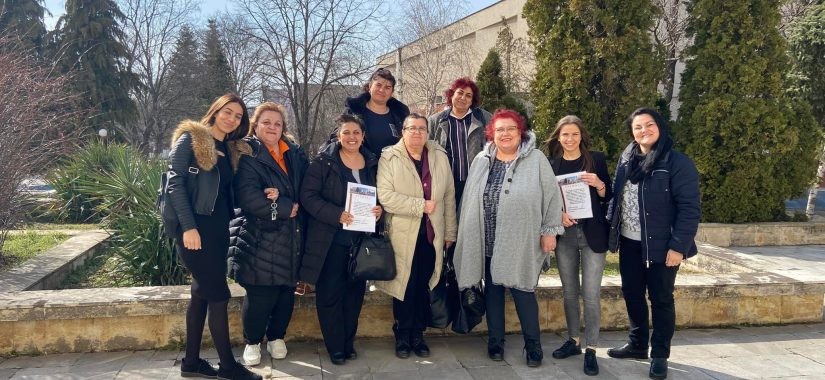



As the BNR’s initiative “Awakener (enlightener) of the year 2024” enters its last stage, we present one of the most active volunteers from the Bulgarian community in Chicago, the US. Her name is Zhechka Geshovska, she was born in Dimitrovgrad in..
Twenty-seven years ago, a Bulgarian mountaineer left his country in the grip of social and economic instability to fulfil a long-held dream. With about $3,000 in his pocket and a backpack, Constantine Zlatev set off for the US to climb one of the..
Anabell Casaboff is one of the thousands of descendants of Bulgarians in Argentina who do not speak the language of their grandparents but Bulgaria is still present in their lives. She is a charming ballerina who dances and teaches..

+359 2 9336 661
